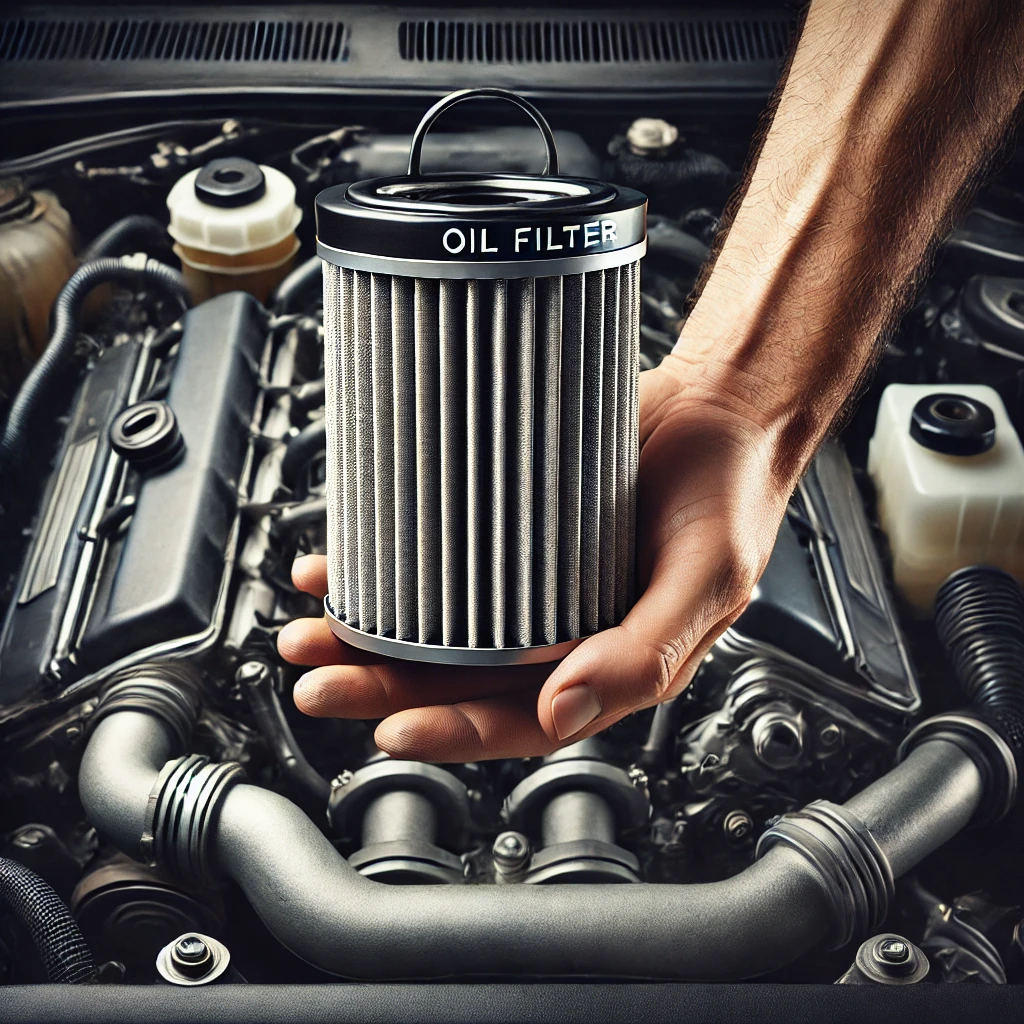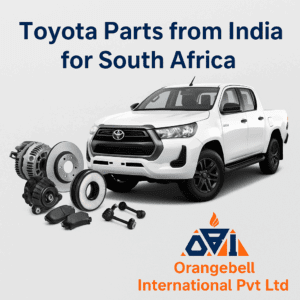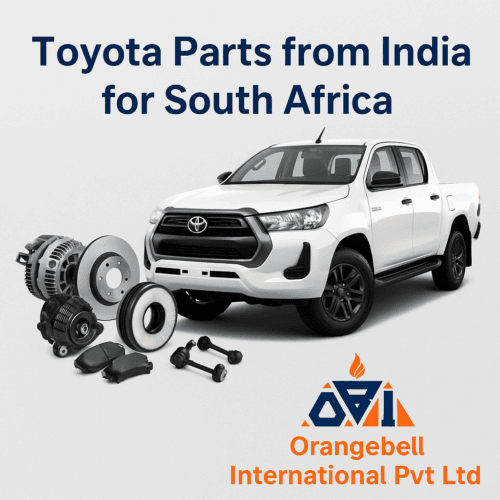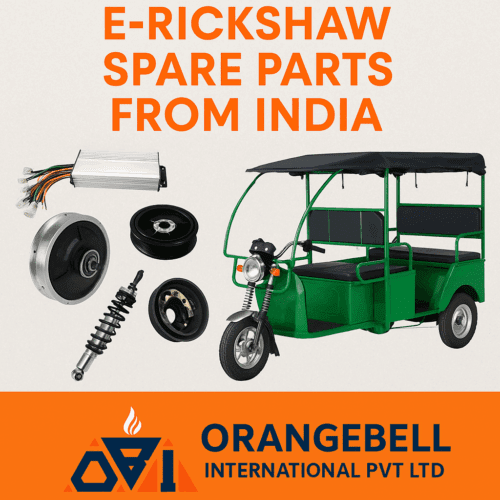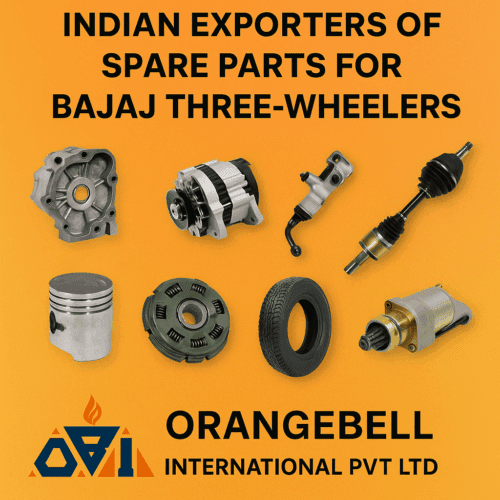How to Choose the Right Oil Filter for Your Car
Maintaining your car’s engine health starts with choosing the right oil filter. This small yet crucial component prevents dirt, debris, and contaminants from circulating in the engine, ensuring optimal performance and longevity. With so many options available, selecting the perfect oil filter can be confusing. In this guide, we’ll explore key factors to consider when choosing the right oil filter for your car.
1. Understand Your Car’s Oil Filter Requirements
Every vehicle has specific oil filter requirements based on engine type, oil viscosity, and manufacturer specifications. Check your owner’s manual or consult a professional mechanic to ensure you are choosing the right oil filter that fits your car’s needs.
2. Consider the Filter Material and Build Quality
A high-quality oil filter should have strong filter media that efficiently traps contaminants while allowing smooth oil flow. Look for:
- Cellulose Filters – Affordable but require frequent replacement.
- Synthetic Filters – More durable and provide better filtration.
- Microglass Filters – Superior efficiency and long-lasting performance.
Investing in a high-quality product ensures that you are choosing the right oil filter for maximum engine protection.
3. Check the Filtration Efficiency
Not all oil filters offer the same level of filtration. A good oil filter should trap at least 95% of contaminants. Higher efficiency means better engine protection and longer oil life. Choosing a premium-quality filter helps in choosing the right oil filter that enhances your vehicle’s performance.
4. Select the Correct Size and Fit
Oil filters come in various sizes, and using an incorrect one can lead to leaks, low oil pressure, or engine damage. Always match the filter size with your car’s specifications to ensure you are choosing the right oil filter that fits properly.
5. Compare OEM vs. Aftermarket Oil Filters
You can either choose an OEM (Original Equipment Manufacturer) oil filter or an aftermarket oil filter.
- OEM Filters – Specifically designed for your car model and ensure perfect compatibility.
- Aftermarket Filters – More variety and often provide better performance if chosen wisely.
Whether you go for OEM or aftermarket, make sure you are choosing the right oil filter that meets or exceeds manufacturer standards.
Final Thoughts
A high-quality oil filter is essential for protecting your engine and extending its lifespan. By considering factors like material, efficiency, fit, and manufacturer recommendations, you can be confident in choosing the right oil filter for your car. Regular maintenance and timely replacements will ensure a smoother and more reliable driving experience. please contact us for best deal: www.orangebellinternational.com

